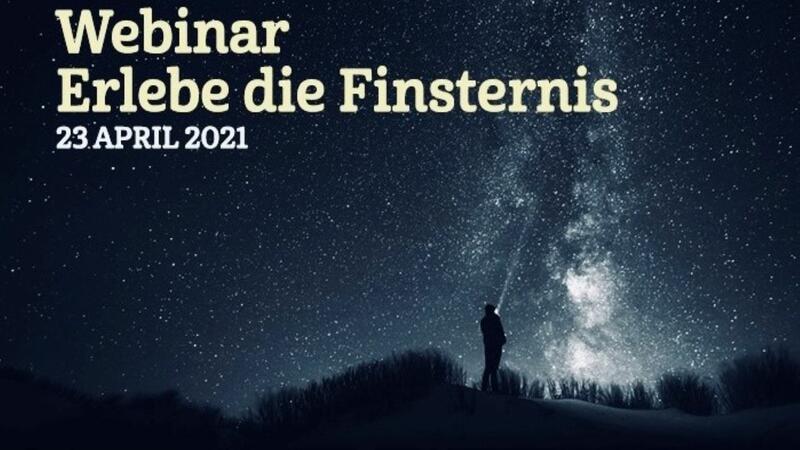Trilateral World Heritage Partnership Hub initiative Dark Sky Webinar 23 April 2021

The “A Darker Sky in the Wadden Sea Region” webinar is intended to bring together organisations and stakeholders working on Dark Sky issues in the Wadden Sea region, in order to learn from each other, to create awareness and enthusiasm and to explore opportunities for further collaboration. It is a further initiative under the Trilateral World Heritage Partnership Hub.
Programme
Barbara Helm, a biologist from the University of Groningen will share her knowledge about the importance of darkness for people and nature, after which Tom Axelsen, an amateur astronomer who turned into a night activist from the Danish island of Møn, will tell us how he managed to inspire his community to embrace darkness after which it has become an economic asset.
After these keynote speeches you will have the possibility to follow workshops / presentations.
In 3 rounds we will have the following items.
Dark Sky Events; the Dos & Don'ts by Jaap Kloosterhuis. Jaap is a nature conservationist in Lauwersmeer, the Netherlands, a Dark Sky Park since 2017. Jaap is experienced in organising special events related to darkness. He knows what works and what doesn’t work and will never organize a star gazing night with full moon.
Story Telling by Nynke Rixt Jukema. Nynke Rixt has inspired lots of people to take care of darkness. She noticed creating awareness asks for good stories. Also how “selling darkness” can benefit from good stories. She studied our cultural heritage and collected stories related to the night and darkness. Luckily, they are not all frightening.
Selling darkness by Harald Bardenhagen. Harald is an astronomist who organises 120 events per year attracting 6000 bookings in the Sternenpark Nationalpark Eifel. He will share his secret of how to put darkness in the picture.
The Value of Darkness by Taylor Stone. Taylor is an expert in the ethics of nighttime lighting at Delft University of Technology. He will shed the light on the cultural and environmental benefits of darkness and how these can help to guide lighting policy, design, and innovation when we want to bring dark skies back into our daily lives.
Improve darkness by Andreas Hänel. Andreas,the lynchpin of all our initiatives, will show us how we can reduce light emission by simple and effective measures. This not only based on theoretical knowledge; he also advises several municipalities in the process of becoming a dark sky park.
Dark sky policies by Sabine Frank. Sabine, the night protection commissioner at the district of Fulda, the UNESCO Rhön Biosphere Reserve and IDA Star Park, is committed to the fight against light pollution. She will tell us about the importance of the right policies and guidelines to protect darkness.
Becoming a Dark Sky Park by the Mandø team. Claus Christensen, Christina Egsvang Føns and Anne Husum Marboe started the application with the International Dark Sky Association to become a Dark Sky Park in 2018. They are almost there. They have different perspectives and roles and will share their experiences.
Darkness and the Outstanding Universal Values of the World Heritage Wadden Sea by John Frikke. John is a project manager with the Danish Wadden Sea National Park. The Wadden Sea became a UNESCO World Heritage Site because of the biodiversity and the ecological and biological processes. What has darkness to do with that?
To participate please contact Jolanda Zwart at j.zwart1@minlnv.nl before the 16th of April 2021.
